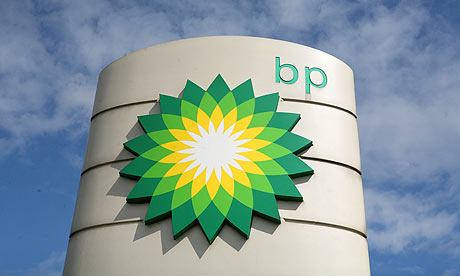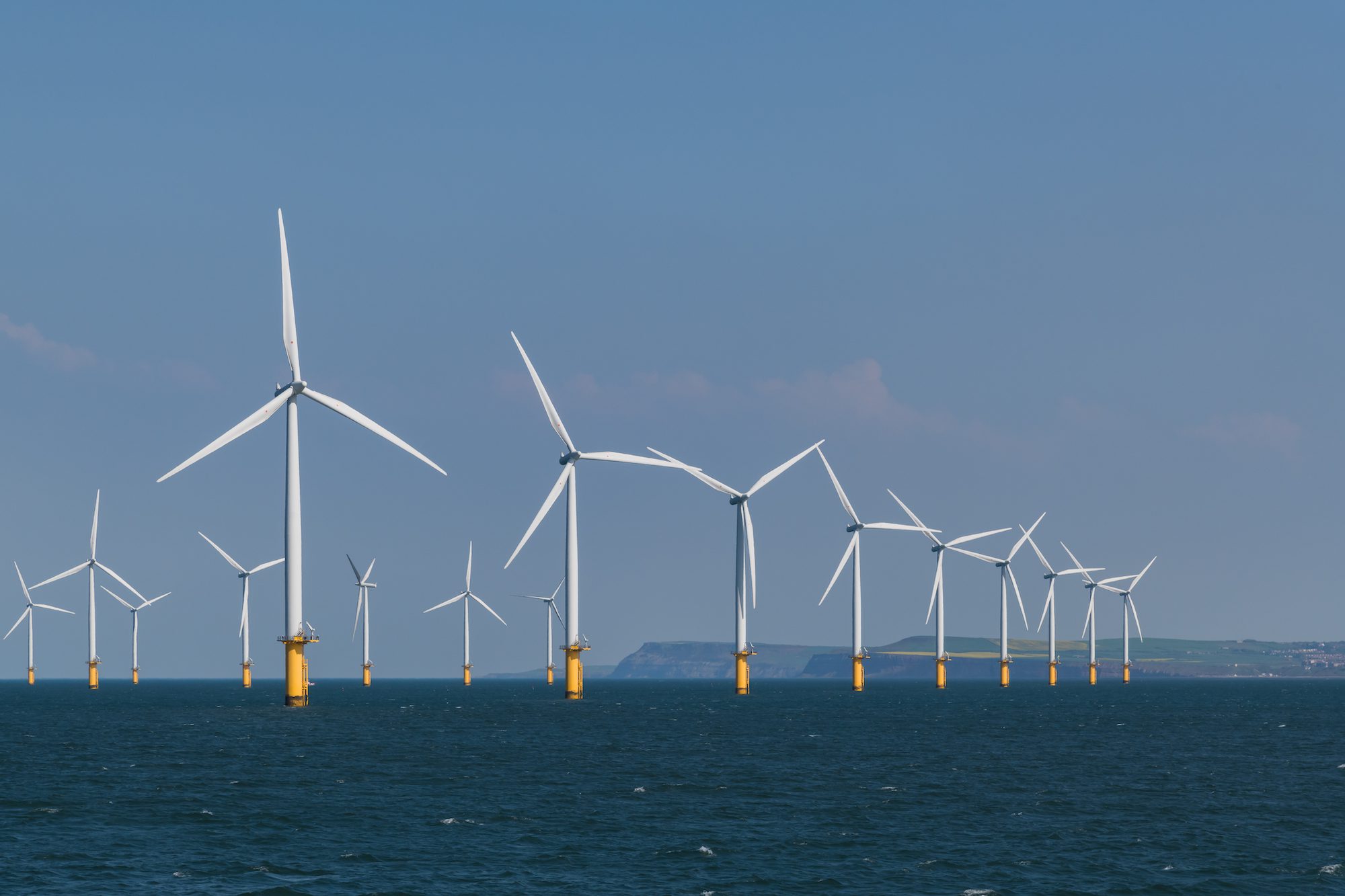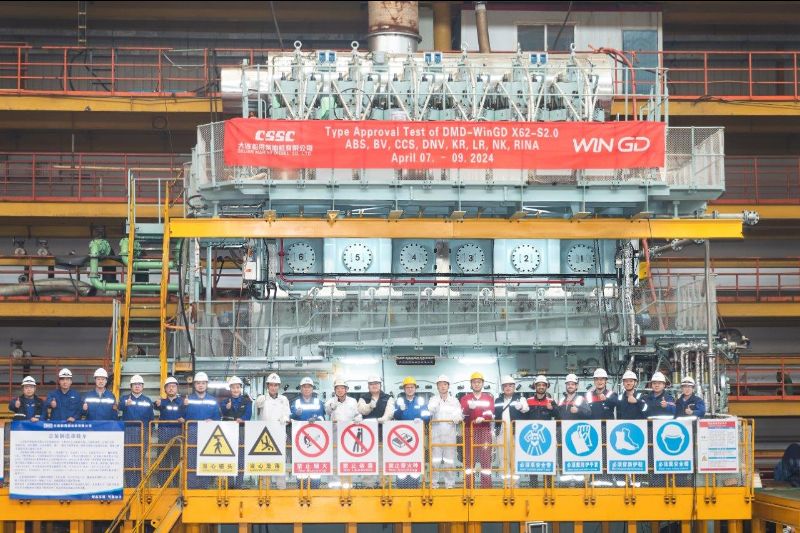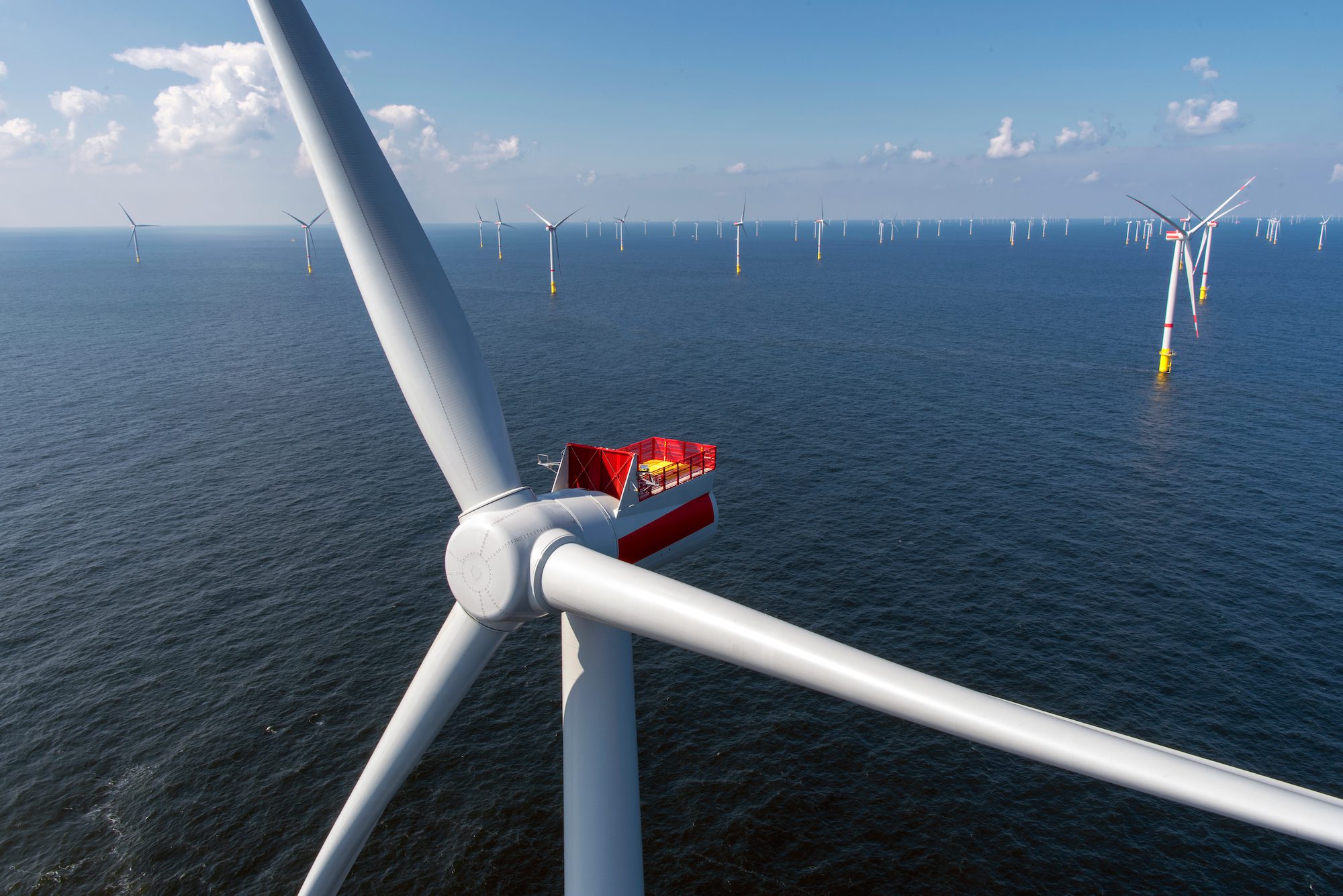(Bloomberg) — Bob Dudley shrank BP Plc to save it.
The onetime Mississippian and current chief executive officer has sold more than $50 billion of assets to pay the costs of the worst U.S. oil spill in history in 2010. Rescued from the brink of collapse, Europe’s second-largest oil company is now seen as vulnerable to a takeover.
BP is the cheapest of the world’s five biggest non-state oil companies by market value relative to reserves, earnings and output. As a result it may become a target, according to people familiar with the strategic thinking of the London-based company and its potential acquirers.
Dudley’s boldest move as the first American in charge of the 103-year-old British company was last month’s exit from a turbulent Russian venture in exchange for a 20 percent stake in state oil company OAO Rosneft and $12.3 billion in cash.
The deal solved one of BP’s two biggest challenges. The other, litigation in the U.S. over fines from the spill, came closer to a resolution last week with a $4.5 billion criminal settlement. The civil claims may vanish in a settlement before the trial set to start Feb. 25.
“You can absolutely make the case that it’s a potential takeover target” once BP’s U.S. settlement and the Russia deal are completed, said Julian Birkinshaw, a professor of strategy and entrepreneurship at the London Business School, the U.K.’s best, according to Financial Times rankings. “BP has been fighting wars on both the eastern and western fronts” that held back buyers, he said.
BP shares fell to the lowest since July after the criminal settlement was announced last week. They rebounded today, rising 3.6 percent in London to close at 431.6 pence.
Rockefeller’s Empire
BP, founded as the Anglo-Persian Oil Company in 1909 after William Knox D’Arcy struck oil in the nation now called Iran, rose to global prominence by absorbing pieces of John D. Rockefeller’s oil empire. BP is now the fourth-biggest non-state oil company by market value, having fallen behind Royal Dutch Shell Plc and Chevron Corp. since the spill. Exxon remains the world’s most valuable oil company; at $394 billion it’s almost three times the size of BP.
Exxon is looking for ways to expand following Rosneft’s BP agreement that will displace the U.S. company as the world’s largest publicly traded oil producer by volume, the people said. A combination between BP and Shell to create a European energy champion is also possible, they said, asking not to be identified discussing a private matter.
Officials for Exxon and Shell declined to comment.
World’s Cheapest
“Sum of the parts, BP is the cheapest big oil company in the world,” said Stuart Joyner, head of oil and gas at Investec Securities Ltd. in London. “It will take BP a long time to turn itself around, and I doubt whether the market will have the patience.” A breakup of the company into its U.S. and international halves is a possibility, he said.
The energy industry’s top tier of so-called supermajor oil and gas producers has barely changed since 2001, when Chevron acquired Texaco Inc. Among the five biggest publicly traded oil producers, BP is larger only than Total SA of France.
BP’s oil and gas reserves are valued at $7.07 a barrel, compared with $14.41 at Shell and $16.42 at Exxon. The company also has the lowest price-to-earnings ratio among the top five producers at 7.1, compared with Exxon at 11.
BP’s enterprise value, a measure of market value that includes debt, divided by thousand barrels of daily oil and gas production is the lowest among the top five companies at $51.51. Total comes fourth at $59.57, whereas Exxon’s is highest at $106.55.
Churchill’s Navy
An acquisition or a breakup would see the demise of a pillar of the U.K. corporate world that was backed by the British government until 1987. Its predecessors built British influence in the Middle East in the build-up to World War I as then-naval chief Winston Churchill replaced coal with oil to fuel the imperial fleet.
In an Oct. 30 interview at BP’s London headquarters, Dudley, 57, said BP’s size would make a takeover attempt “very surprising” and would likely create regulatory objections.
To keep BP growing after its exit from Russia, he’s unveiled a 10-point plan that includes doubling margins on new projects and returning cash to shareholders. He also rewarded BP’s “very patient” investors with a surprise 12.5 percent dividend increase in the third quarter of this year and the company is considering buying back shares.
“The main thing would be that we continue to perform and grow,” Dudley said. A takeover “is not in the best interest of our shareholders.”
Role of Government
BP’s size and importance may make it one of the few cases in which the U.K. government could object to a merger attempt, especially by an overseas buyer, according to the LBS’s Birkinshaw. The U.K. didn’t intervene when Kraft Foods Inc. took over chocolate-maker Cadbury Plc in 2010. British car companies Bentley Motors Ltd., Rolls-Royce Motor Cars Ltd. and Jaguar Land Rover Plc have also been acquired by overseas rivals.
Investors aren’t convinced Dudley’s plan for BP is enough. The value of BP’s assets implies a share price of 732 pence, according to Investec’s Joyner, compared with a current price of about 417 pence. A sale or a breakup could narrow that gap of about $90 billion from the company’s current $126 billion market value.
BP is staking the future on its expertise in offshore drilling. Its most valuable assets are still in the deep-water Gulf of Mexico and Angola, as well as in Azerbaijan and the North Sea. Dudley said Oct. 30 that investment will focus on these four high-margin hubs over the next five years.
Civil Charges
Dudley, the firm’s first non-British CEO, took the helm at BP in October 2010, six months after the accident at the Macondo well that halved the value of its shares. The U.S. has sued BP for charges under the Clean Water Act that may exceed $10 billion.
Dudley’s first task was to start to restore BP’s reputation while also ensuring its balance sheet could withstand the hit from cleanup and litigation. He set voluntary higher safety standards for drilling, shut production at sites until he was sure operations were safe and launched an asset disposal program to focus on the most profitable production and exploration.
Standing in his way were four Russian billionaires, the owners of the other half of the TNK-BP venture that Dudley helped establish in 2003 and ran until 2008. They blocked a planned alliance between BP and Rosneft that would have given BP access to the Arctic’s Kara Sea, home of some of the world’s largest untapped resources.
Clash With Billionaires
The setback was especially bitter for Dudley because he had been driven out of Russia and forced to resign as head of TNK-BP after the billionaires clashed with him. The deal with Rosneft announced last month finally puts that partnership behind BP.
To be sure, the deal might also deter acquirers. The British company’s new partnership with Russia’s government could complicate matters for potential buyers or merger partners wary of too close an association with president Vladimir Putin, said Christopher Le Fevre, an energy consultant at research firm Oxford Analytica.
“I wouldn’t say Russia is a poison pill, but others wouldn’t assume they could just take over that position,” Colin McLean, CEO of SVM Asset Management Ltd. in Edinburgh, a fund manager that owns BP shares. “BP needs to show it has gained an advantage in Russia, and that may take many years.”
‘Into Your Blood’
Dudley, who worked in Russia as an Amoco executive from 1994 to 1997 and whose wife Mary runs a charity for disabled Russian children called Diema’s Dream, said the disputes with BP’s partners haven’t curbed his appetite for doing business in Russia.
“Russia gets into your blood,” he said. “Life is never a straight line. Persistence and enthusiasm is how you get things done.”
The same could be said for Dudley’s efforts to restore BP’s fortunes in the Gulf of Mexico. The company now has seven oil rigs operating in the region, more than ever before, and has plans for as many as 10, Dudley said Oct. 30.
“Dudley’s strategy is to return to business as usual as a large integrated oil company,” said Peter Hutton, an analyst at RBC Capital Markets in London. “Investors would want to give BP a period to focus, to get stuck into the business in ways they haven’t been able to for the past two-and-a-half years.”
Mississippi Raised
Dudley rose through the ranks at Amoco and then BP after it acquired the U.S. company in 1998 for $56 billion, the biggest- ever oil and gas merger at the time. Born in New York and raised in Mississippi, he became a voice for BP during the Gulf spill and took over the restoration operation in June 2010, two months after the initial accident that started the worst U.S. spill.
Before running TNK-BP, he served as one of former BP CEO John Browne’s executive assistants, a position that traditionally leads to bigger roles. Browne wrote in his memoir of how his assistants were known as “Turtles” after the crime- fighting comic stars Teenage Mutant Ninja Turtles, because of “their speed and ability to appear whenever they were needed.”
Browne used deals to expand the global reach of BP over his 12-year tenure through 2007, envisioning the company as a competitor to Exxon and Shell. He led the acquisitions of Atlantic Richfield Co. and Amoco, molding BP into the second- largest global oil company by market value in 2006.
After last month’s deal in Russia, Dudley will have to turn his attention back to the U.S., where BP still faces a trial set to start in three months. BP said last week it’s still in talks with the U.S. Department of Justice and is willing to settle civil claims “on reasonable terms.”
-By Brian Swint and Matthew Campbell. Copyright 2012 Bloomberg.
Unlock Exclusive Insights Today!
Join the gCaptain Club for curated content, insider opinions, and vibrant community discussions.

 Join The Club
Join The Club













